CLINDAMYCIN - INJECTION
PHONETIC PRONUNCIATION: (klin-duh-MY-sin)
COMMON BRAND NAME(S): Cleocin
GENERIC NAME(S): clindamycin phosphate
Uses
USES: This medication is used to treat a wide variety of bacterial infections. It works by stopping the growth of bacteria. This antibiotic treats only bacterial infections. It will not work for viral infections (such as common cold, flu). Using any antibiotic when it is not needed can cause it to not work for future infections. This medication should not be used to treat meningitis.
How to use CLINDAMYCIN - INJECTION
HOW TO USE: This medication is given by injection into a vein or muscle as directed by your doctor, usually 2 to 4 times a day. The dosage is based on your medical condition and response to treatment. In children, the dosage is also based on weight. If you are giving this medication to yourself at home, learn all preparation and usage instructions from your health care professional. Before using, check this product visually for particles or discoloration. If either is present, do not use the liquid. Learn how to store and discard medical supplies safely. Give ampicillin, phenytoin, barbiturates (such as phenobarbital), aminophylline, calcium gluconate, and magnesium sulfate separately from clindamycin. Do not mix together in the same IV fluid. Antibiotics work best when the amount of medicine in your body is kept at a constant level. Therefore, use this drug at evenly spaced intervals. Continue to use this medication until the full prescribed amount is finished, even if symptoms disappear after a few days. Stopping the medication too early may allow bacteria to continue to grow, which may result in a return of the infection. Tell your doctor if your condition persists or worsens.
Side Effects
Precautions
Interactions
Overdose
Images
Reviews
Warning
WARNING: This medication may rarely cause a severe intestinal condition (Clostridium difficile-associated diarrhea) due to a type of resistant bacteria. This condition may occur weeks to months after treatment has stopped. Tell your doctor right away if you develop: persistent diarrhea, abdominal or stomach pain/cramping, blood/mucus in your stool. Do not use anti-diarrhea products or narcotic pain medications if you have any of these symptoms because these products may make them worse.
Disclaimer
IMPORTANT: HOW TO USE THIS INFORMATION: This is a summary and does NOT have all possible information about this product. This information does not assure that this product is safe, effective, or appropriate for you. This information is not individual medical advice and does not substitute for the advice of your health care professional. Always ask your health care professional for complete information about this product and your specific health needs.
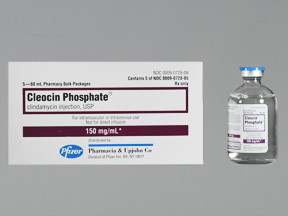
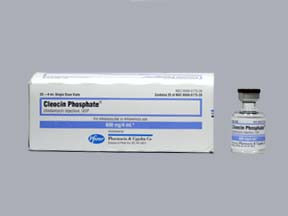
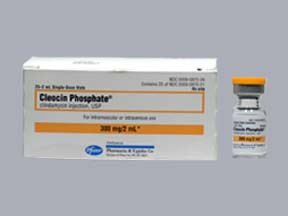
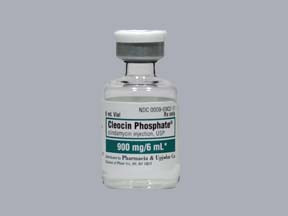
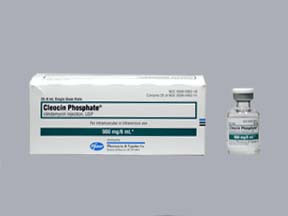

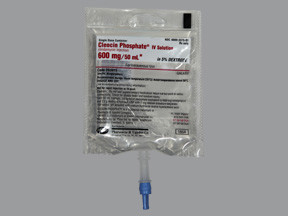
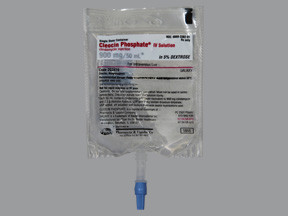
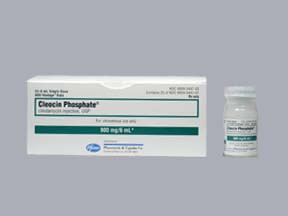
No Reviews Yet